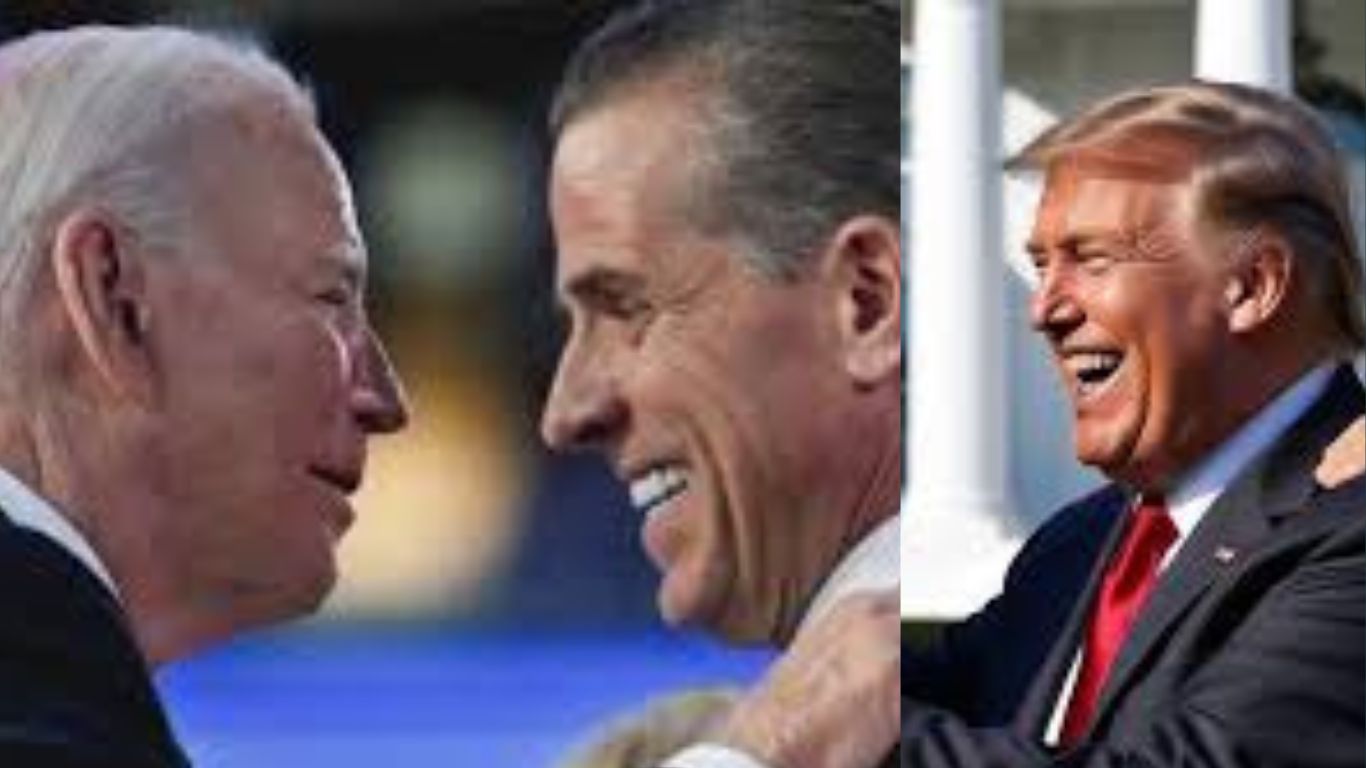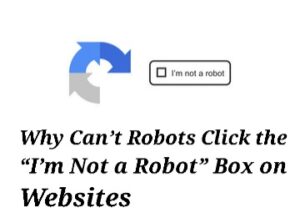Biden Pardon His Son
On October 20, 2024, President Joe Biden pardon his son, Hunter Biden, for a federal gun charge came under intense scrutiny, reigniting debates over the fairness and politicization of the U.S. justice system. The move, while legally justified under presidential authority, provided ammunition for critics who argue that it exemplifies the ongoing politicization of the legal system—particularly during an election year. Former President Donald Trump, who has spent years accusing the Justice Department of being weaponized against him, seized on the opportunity to highlight what he sees as an example of a double standard, casting the pardon as further proof of a system that treats political allies and enemies differently.The controversy centers on Hunter Biden’s 2023 plea deal with federal prosecutors, which included a misdemeanor charge for illegal possession of a firearm. He admitted that he had lied about his drug use on a federal firearms purchase form. As part of a broader deal, Hunter Biden avoided more serious charges related to his business dealings, and was required to enter a diversion program. Despite the legal resolution, many viewed the situation as emblematic of the broader, partisan tension around the Biden family’s legal issues.
Contents
The Pardon and Its Implications
On the surface, President Biden’s decision to pardon his son for the gun charge could be seen as an exercise of his executive power—a right granted to presidents under the Constitution. Historically, presidential pardons have been used to correct what some view as unjust legal proceedings, or to demonstrate leniency in particular cases. However, in the context of a deeply polarized political landscape, Biden’s action has been interpreted by many as a strategic, albeit controversial, move with broader political ramifications.The pardon, which was announced just weeks before the 2024 presidential election, raised concerns that it would undermine the legitimacy of the justice system and reinforce the perception that powerful individuals, particularly those tied to political elites, are above the law. Critics argue that the timing of the pardon was highly suspect, coinciding with heightened scrutiny on Hunter Biden’s business dealings and his father’s presidential campaign. By issuing the pardon, President Biden appeared to signal his belief that his son was the victim of an overzealous legal system, though this message was far from universally accepted.
Trump’s Response: “Weaponized Justice”
Former President Donald Trump, who is leading the Republican field in the 2024 presidential election and himself faces a series of legal challenges, quickly seized on Biden’s pardon as further evidence of the “weaponized” justice system he has repeatedly accused the Biden administration of controlling. Throughout his presidency and beyond, Trump has been vocal about what he perceives as a political targeting of him by federal law enforcement agencies, particularly the Department of Justice (DOJ).Trump’s legal troubles, ranging from alleged mishandling of classified documents to charges related to the January 6th Capitol riot, have been central to his narrative of victimhood. In the past, he has claimed that the legal cases against him are politically motivated, designed to undermine his candidacy and prevent him from returning to the White House. The pardon of Hunter Biden, Trump argued, demonstrated a double standard: While he faces serious criminal charges, the Biden family enjoys special treatment. Trump and his allies have repeatedly pointed to instances like this as evidence that Democrats in power are able to use the justice system to protect their own while prosecuting their political opponents.Trump’s campaign quickly issued a statement accusing the Biden administration of “outrageous corruption” and calling Hunter Biden’s legal situation a “family affair” that was being handled in an entirely different manner from his own. “If I had done this, I’d be rotting in jail right now,” Trump’s statement read. The former president’s rhetoric suggests that he views Biden’s pardon not only as a personal affront, but as part of a broader attack on the fairness of the American legal system, one he believes is rigged against conservatives and his supporters.
Political Ramifications: A Nation Divided
The Biden-Hunter pardon is set against the backdrop of an intensely polarized American political environment. Both President Biden and his son have been under constant scrutiny from Republicans, who have claimed that Hunter Biden’s overseas business dealings—particularly in Ukraine and China—were improper and potentially corrupt. Republicans have called for investigations, with some suggesting that Joe Biden himself may have been involved in his son’s business activities, a claim for which no conclusive evidence has been found. In response, Biden’s supporters have argued that Hunter’s legal problems are a personal matter that should not be tied to the president’s own actions.Biden’s decision to pardon his son adds fuel to the fire of accusations that he is not only politically intertwined with his son’s business dealings, but also attempting to shield him from the consequences of his actions. In an election year, such a move only deepens the divide between the two major political parties. Republicans argue that Biden’s pardon represents preferential treatment for his family and further erodes public trust in the justice system, which they believe is already perceived as biased against conservative causes.Meanwhile, many Democrats and legal scholars argue that the pardon is well within Biden’s constitutional rights and point out that pardons are often granted to address perceived injustices or to show leniency. Supporters also note that Hunter Biden’s legal challenges were largely self-inflicted, involving issues like drug addiction, and that the gun charge in question was a relatively minor offense compared to the broader scope of Biden’s business dealings. They contend that this should be seen as a personal matter and not an issue of systemic corruption.
Broader Debate on the Justice System
The controversy surrounding Hunter Biden’s pardon underscores the broader debate in the United States about the fairness and impartiality of its legal system. For years, Trump and his allies have framed their legal battles as evidence of a system rigged against them. The debate has intensified with the increase in high-profile investigations and prosecutions of both political figures and public officials.Some observers suggest that Biden’s decision, while constitutionally sound, does little to assuage concerns about the politicization of the justice system. Presidential pardons have always been controversial, but the current partisan climate amplifies these concerns. The public perception of a system that appears to favor the powerful—particularly political elites—is a persistent issue that has become even more acute in recent years.The timing of Biden’s decision to issue the pardon, right before a highly contentious election, further fuels suspicions about the integrity of the legal process. Whether the move was intended to protect his son or demonstrate his fatherly support, it also places the issue of executive power under scrutiny during a highly charged political period.
Conclusion
President Biden’s pardon of his son Hunter has sparked renewed discussions about the politicization of the U.S. justice system, offering fodder for critics who see it as evidence of double standards and preferential treatment for political elites. For former President Donald Trump, the pardon serves as further proof of the weaponized justice system he believes is being used to target him while allowing the Biden family to escape scrutiny. With both political parties deeply entrenched in their views, this latest controversy only adds to the growing divide over the fairness, integrity, and independence of the American legal system in the midst of an already heated election year.
Share this content:














Post Comment